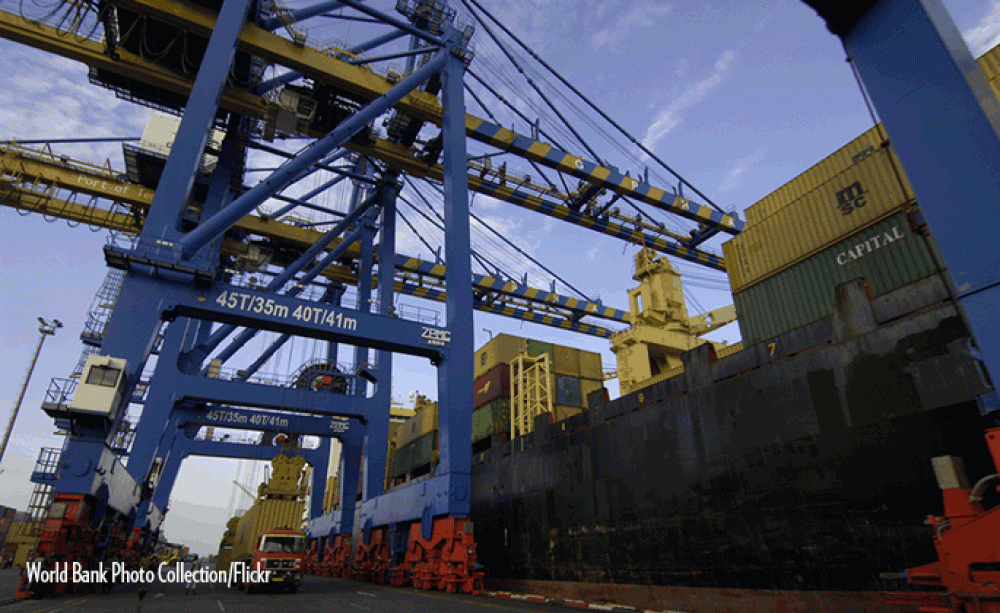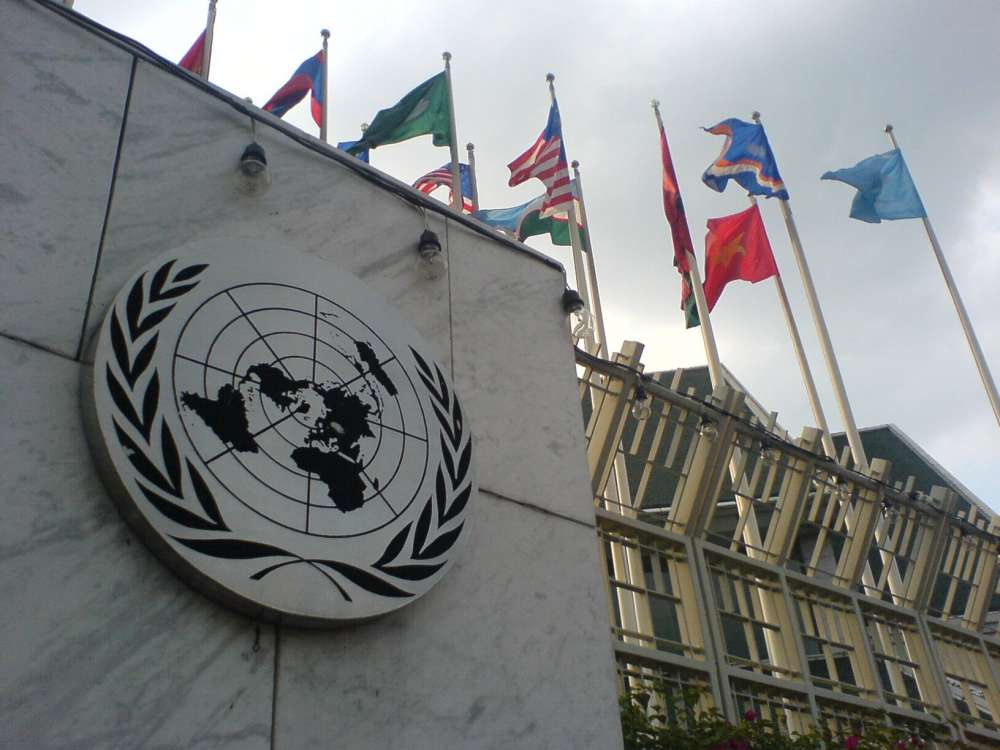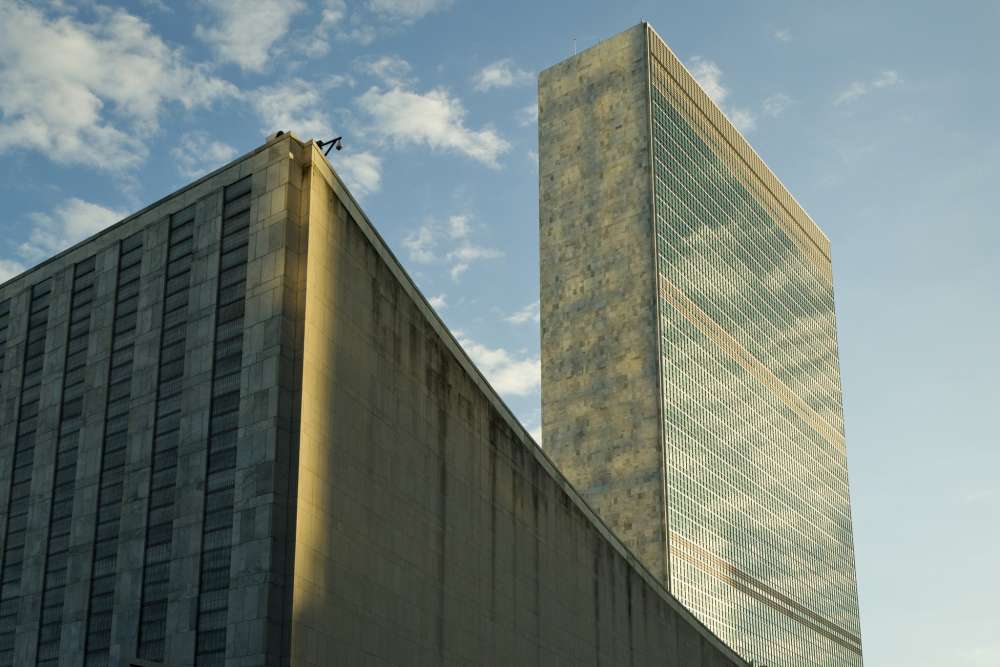EU-Africa: Trading Poverty Away?

Political summits are known for sweeping declarations that are, more often than not, forgotten as soon as the ink is dry. The April 2014 EU-Africa summit, held in Brussels, appears to be no exception. Leaders from both sides unanimously proclaimed the need for a fundamental shift from aid to trade as agent of poverty reduction, but their actions did not stray far from the status quo.
Yet the summit declaration deserves attention for bringing to the forefront some of the fundamental obstacles that block the long-proclaimed goal of poverty reduction through trade-based partnerships. Both sides mistakenly equate job creation and economic growth with the reduction of poverty. Moreover, neither side seems to have a clear understanding of what rights and obligations accompany such a shift to trade-based policies. Until both shortcomings are addressed, the tremendous potential of trade for poverty reduction cannot be realized.
European and African leaders both recognize that a shift from aid to trade (and investment) would lead to job creation, economic growth and poverty reduction. While properly designed trade policies can arguably contribute to economic development, they are not an automatic mechanism for poverty reduction. Higher incomes do contribute to a reduction in the number of people living below the poverty line, but the gains made by increased trade cooperation are not distributed equally – and it is often the poor that miss out.
To read the rest of this piece, please visit Le Monde Diplomatique online ↪ .







